After discovering many pesticide residues exceeding the permitted threshold, the EU has increased the frequency of inspections of Vietnamese durian.
The Vietnam SPS Office (Ministry of Agriculture and Rural Development) has just sent a notice to the Plant Protection Department and the Vietnam Fruit and Vegetable Association regarding the amendment of Regulation (EU) 2019/1793 on temporarily strengthening official controls and emergency measures to manage the import of certain goods from some third countries into the EU.
Specifically, on December 19, the Vietnam SPS Office received a notification from the Secretariat of the SPS/WTO Committee regarding the European Union's notification of Regulation (EU) 2024/3153 issued on December 18, 2024.
This new Regulation amends Regulation (EU) 2019/1793 on the temporary strengthening of official controls and emergency measures governing the entry of certain goods from certain third countries into the European Union, implementing Regulations (EU) 2017/625 and (EC) No 178/2002 of the European Parliament and of the Council.
Regulations related to Vietnamese agricultural and food products exported to the EU.
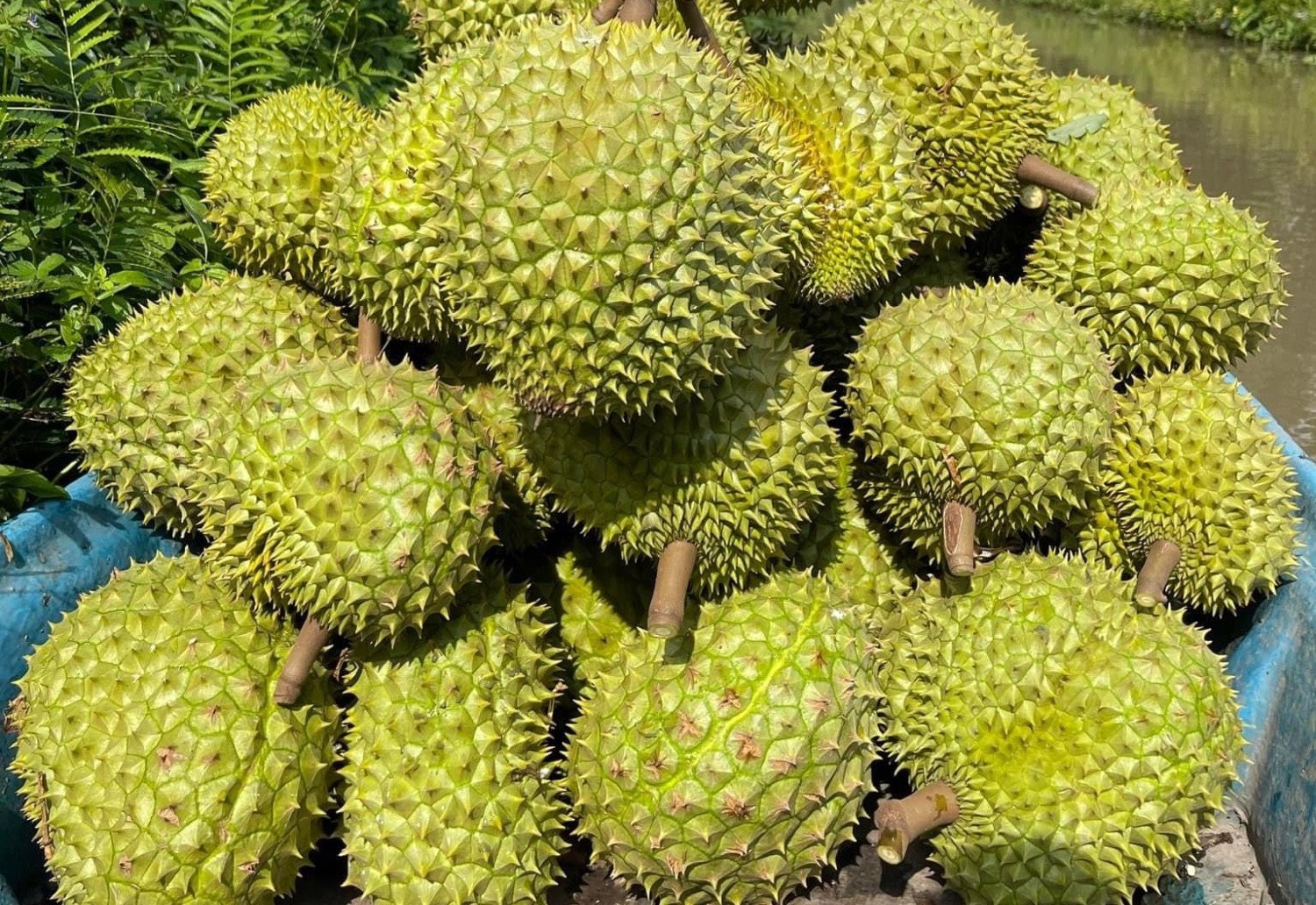
Specifically for Vietnamese durian, the EU temporarily increased the frequency of border checks from 10% to 20%.
The cause is due to non-compliance with regulations on pesticide residue levels. Accordingly, EU authorities have discovered many active ingredients of pesticides with high residues on durian such as: Carbendazim, Fipronil, Azoxystrobin, Dimethomorph, Metalaxyl, Lambda-cyhalothrin, Acetamiprid.
The EU has set a maximum residue limit (MRL) for these active ingredients of 0.005-0.1 mg/kg depending on the type. However, Vietnamese durian has a violation level of 0.021-6.3 mg/kg, exceeding the EU's allowable threshold.
For dragon fruit, chili and okra, the EU maintains the same frequency of border inspections. Of which, the inspection frequency for dragon fruit is 30%, chili and okra are 50%. These three products, when imported into the EU, must be accompanied by pesticide residue analysis results.
The SPS Office said that every six months the EU will review importers' compliance with food safety regulations to amend the frequency of border checks for each product.
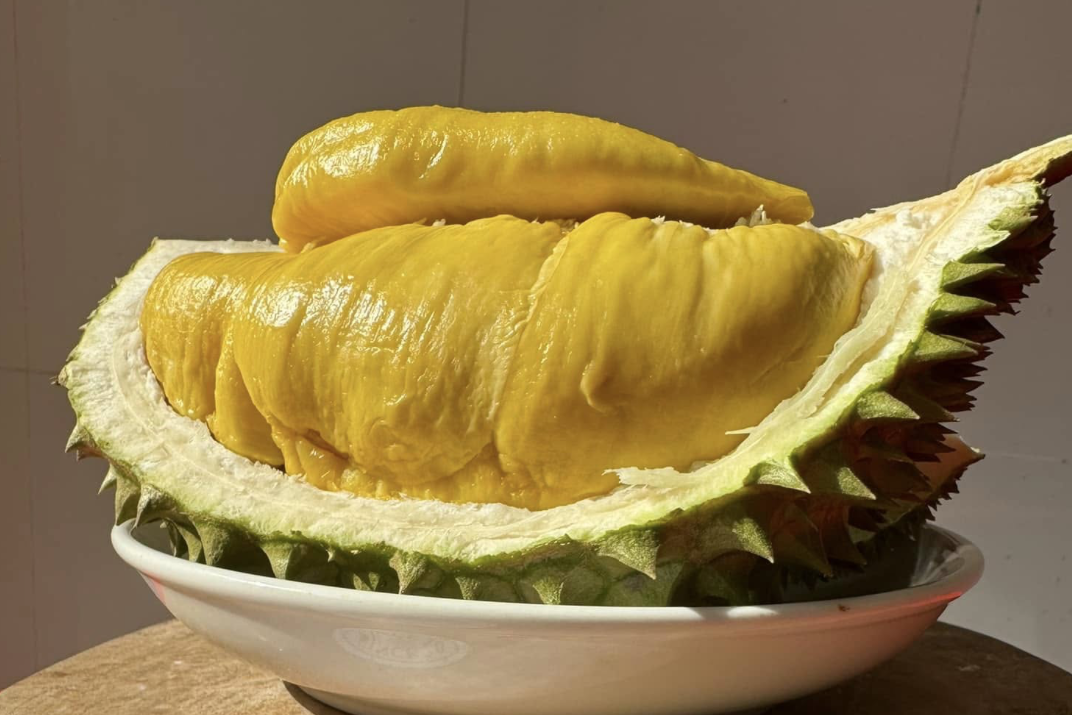
Source: https://vietnamnet.vn/sau-rieng-viet-ton-du-thuoc-bao-ve-thuc-vat-vuot-nguong-eu-tang-cuong-kiem-tra-2355668.html



![[Photo] National Assembly Chairman Tran Thanh Man attends the VinFuture 2025 Award Ceremony](/_next/image?url=https%3A%2F%2Fvphoto.vietnam.vn%2Fthumb%2F1200x675%2Fvietnam%2Fresource%2FIMAGE%2F2025%2F12%2F05%2F1764951162416_2628509768338816493-6995-jpg.webp&w=3840&q=75)

![[Photo] 60th Anniversary of the Founding of the Vietnam Association of Photographic Artists](/_next/image?url=https%3A%2F%2Fvphoto.vietnam.vn%2Fthumb%2F1200x675%2Fvietnam%2Fresource%2FIMAGE%2F2025%2F12%2F05%2F1764935864512_a1-bnd-0841-9740-jpg.webp&w=3840&q=75)


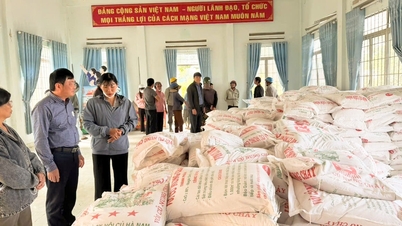

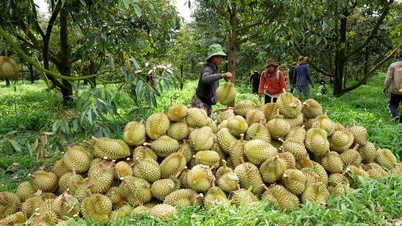

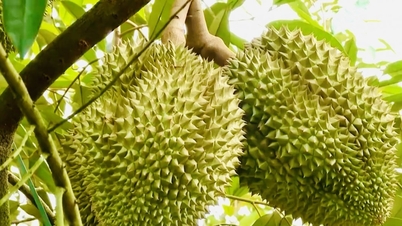
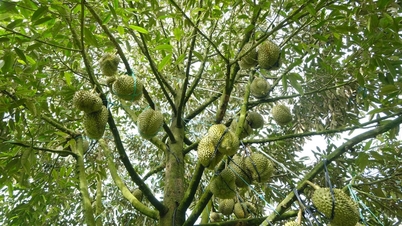
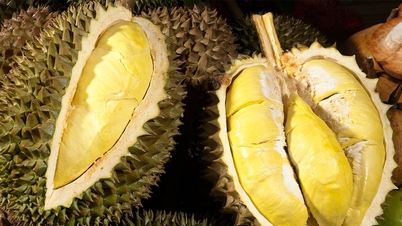
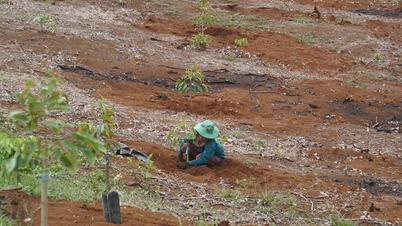









































































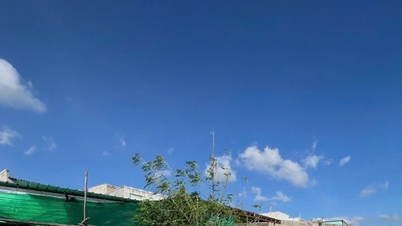

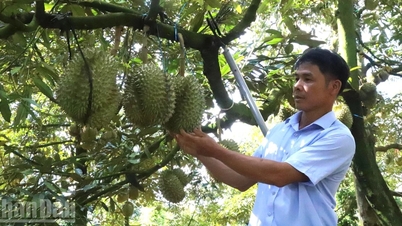


















Comment (0)